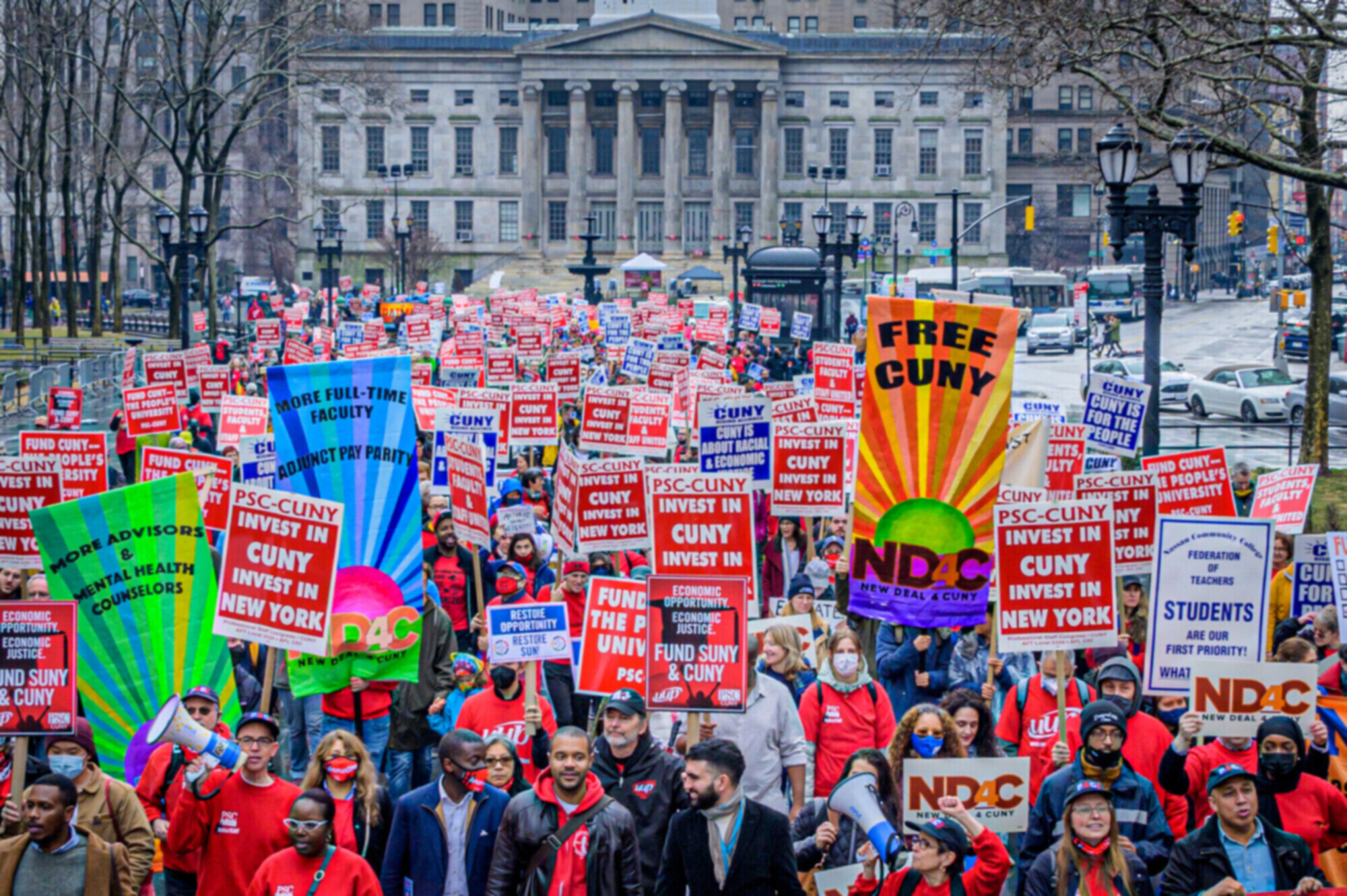Marnia Lazreg
Licence ès Lettres: University of Algiers
MA: New York University
PhD: New York University
A professor of sociology at Hunter College, Marnia Lazreg is a self-described “incurable theorist” who relies heavily on field work and archival research. Her research interests include gender and development, non-European societies and their relationship to colonialism, torture and identity, Islam and politics, existentialism, and postmodernist theory.
I loved school so much I cried
I was a studious girl who always had her nose stuck in her books. For me, my role model was the professor of anything, history, English, you name it. I liked being in the classroom situation. I liked learning. I liked doing my homework. At the end of the school year, I would cry because I wasn’t going to be in school for three months.
Colonization
Growing up in Algeria, the French presence was so massive, the buildings were built the French way, the economic system was in the hands of the French, the legal system was French, the army was French, the police were French. You just felt it would never change.
During the war, they subjected the whole country to a surveillance grid. On my block, we knew an old man who reported to the Army anyone who was absent for more than a day or any new people who came in. It was like 1984.
A change in the atmosphere
Something shook the spirit, if you will…. There was an incredible feeling of elation from 1954 to 1962, during the war for independence. And of course it was mixed with fear and uncertainty, but there was that elation.
In the euphoria that set in after independence, we had this incredible awakening. You woke up and you said, ‘Ha, it’s going to be different.’ It’s similar to what’s happening today in Egypt and Libya where people wake up one day and say ‘enough is enough.’
On today’s Middle East protesters
People want a better life. They want transparent elections so that the same person will not be in power for 30 or 40 years, which makes you feel you’re in a kind of jail, rather than in a country where you count and your opinions matter.
The satellite dish and the Internet now extend to the furthest reaches of the Arab world. Poor people in every building pool their resources to get a dish and they see people around the world have better lives. It has become evident to young people that the tired discourse of national interest responded to nothing tangible in their lives, corresponded to nothing they aspired to. They want change, and this is it.
In Egypt now, Mubarak has been toppled, but the very military that shared the spoils of power with him for over 30 years is still in place. I would think the future is still up for grabs.
Why I study torture
It makes me look into what constitutes a human being and how we protect that core of humanity that is in each of us. A democratic country is always in danger of reverting to torture because it is a source of absolutely boundless power.
My most recent books
Torture and the Twilight of Empire: From Algiers to Baghdad (2007), and Questioning the Veil: Open Letters to Muslim Women (2009).
Works in progress
I am working on a book to be published in 2012 about the French philosopher Michel Foucault and the conundrum of culture – i.e., why he was unable to make sense of non-Western cultures like Iran and China. After that, I am working on a book on Islamic law.
Recent reads
A Tale of Two Cities by Charles Dickens, Ninety-Three by Victor Hugo, Pride and Prejudice by Jane Austen, Huckleberry Finn by Mark Twain.
Why I return to literary classics
I do academic work during the day. I want to do something different at night. The classics try to reach for something universal while they are addressing something local. They connect with something that transcends boundaries.
Why CUNY matters
It’s important to allow talented people who cannot pay $40,000 per year to acquire a college education. A college education develops one’s capacity for critical thinking, for not taking things at face value, for asking questions. This should be available to as large a population as possible.

